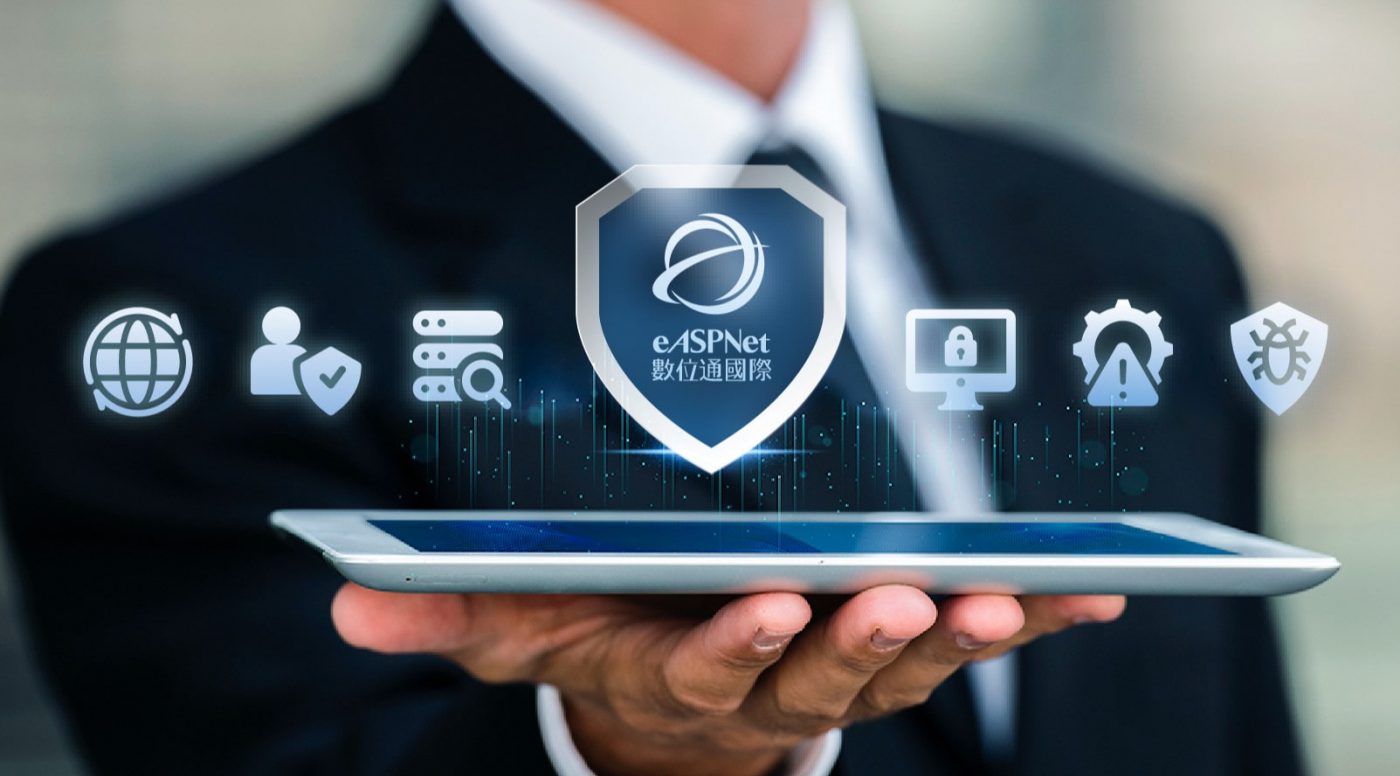
In today’s era, where digital operations have become routine, businesses are increasingly recognizing the importance of cybersecurity and treating information security as a critical component of their operations. With amendments to the Cybersecurity Act, heavier penalties under the Personal Data Protection Act, and the requirement for regular cybersecurity risk assessments outlined in the Guidelines for Information Security Control of Listed Companies, the pressure on companies to comply and defend has intensified. At the same time, government agencies are extending cybersecurity governance requirements across the supply chain to include software development, system integration, and equipment maintenance providers. This means that even SMEs participating in government projects must proactively adjust their internal policies and infrastructure to enhance their cybersecurity capabilities and standards.
Tom Huang, a cybersecurity consultant at eASPNet, noted that this wave of compliance awareness is gradually taking hold in the market. This year, inquiries for cybersecurity assessments have grown by approximately 20% compared to previous years, and the proportion of projects converted into contracts has also risen. He emphasized that this growth is not merely driven by regulations but also reflects businesses’ increasing focus on operational resilience and brand trust.
The New Era of Compliance Starts with Security Testing
Under rising compliance pressures and increasingly complex cybersecurity threats, enterprises are eager to meet regulatory requirements and strengthen resilience. eASPNet’s cybersecurity testing services include host vulnerability scanning, website vulnerability scanning, penetration testing, and source code analysis, helping businesses enhance protective measures and move from basic testing toward proactive defense.
Notably, Taiwan has established its own cybersecurity standards for mobile apps and IoT security certification. Mobile app testing is classified into three levels – L1, L2, and L3 – based on functionality and risk. Apps used in the finance, healthcare, or government sectors must pass the assessments. eASPNet provides professional consulting services to help companies plan and complete testing reports in a one-stop process. Furthermore, IoT security certification has become a gateway for enterprises to enter smart environments. For instance, eASPNet assisted Taiwan Mobile in participating in the Ministry of Transportation’s 5G Smart Rail project by performing cybersecurity verification on IoT devices and demonstrating practical expertise in cross-domain integration.
Turning Vulnerabilities into Defense Strategies
Tom Huang shared an example in which a corporate organization discovered security risks in an Apache component while performing a website vulnerability scan of its payment system. Updating the component required time, but by adjusting the WAF firewall settings based on the testing report, the organization successfully maintained operational security during the transition. This shows that even with limited resources, proper strategies can effectively manage risk.
Security testing is not only the foundation for identifying vulnerabilities but also the starting point for building defense strategies. Regular testing strengthens technical protection and raises overall cybersecurity awareness, resulting in a more comprehensive defense posture. Looking ahead, detecting sensitive website data will become a key focus, especially given the rise in fraud in recent years. Protecting personal data is closely linked to maintaining brand trust. Therefore, eASPNet also offers web-based personal data scanning services.
Tom emphasized, “Cybersecurity testing is not just a technical task – it is an extension of brand trust. Only through continuous investment can companies ensure secure and resilient progress in the digital era.”





